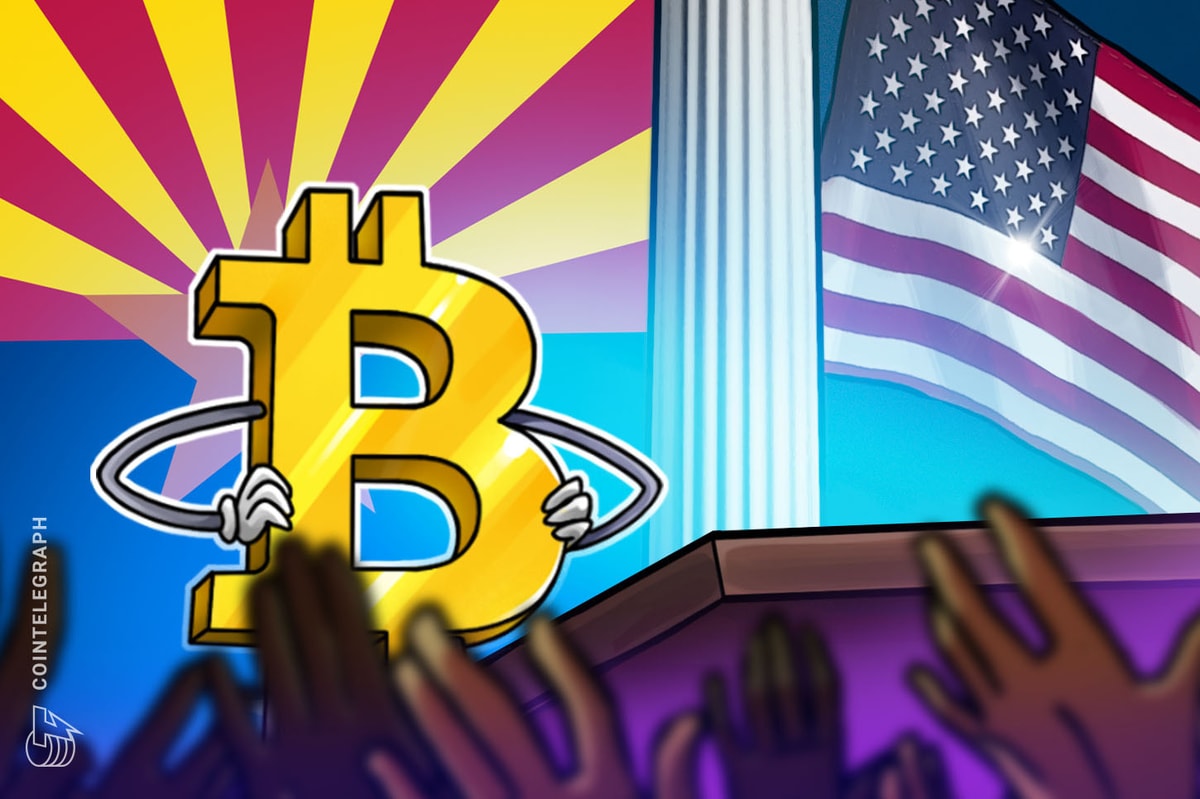Binance is facing more scrutiny in Nigeria, the governor of the Central Bank of Nigeria (CBN) told reporters on Feb. 27, regarding “suspicious flows” of funds through Binance Nigeria in 2023. The country’s Securities and Exchange Commission and other government agencies are already eying the cryptocurrency exchange with suspicion.
CBN head Olayemi Cardoso said crypto exchanges in Nigeria are under suspicion. “We are concerned that certain practices go on that indicate illicit flows going through a number of these entities, suspicious flows at best,” he told the local press on Feb. 27. He said:
“In the case of Binance, in the last one year alone, $26bn has passed through Nigeria from sources and users who we cannot adequately identify.”
“There’s a lot that is going on now as a result of collaboration between the different agencies, which includes EFCC [Economic and Financial Crimes Commission], the police, and of course, the office of the NSA [National Security Adviser],” he added.
There are also reports that the office of the NSA has detained and confiscated the passports of two Binance executives in the capital Abuja. They are citizens of the United States and the United Kingdom.
''in the case of Binance, In the last one year, 26 billion dollars has passed through Binance Nigeria from sources and users who we cannot adequately identify.''
— Channels Television (@channelstv) February 27, 2024
CBN Governor, Olayemi Cardoso pic.twitter.com/A6O2wlsY5M
Internet access to Binance and other exchanges was blocked in Nigeria on Feb. 21 after presidential adviser Bayo Onanuga alleged that crypto exchanges were manipulating the country’s currency. Binance had alread placed restrictions on Tether (USDT) trading in Nigeria on Feb. 20 to appease regulators.
According to one report, Binance, Forextime, OctaFX, Crypto, FXTM, Coinbase, Kraken and other crypto exchanges were blocked on Feb. 27. The Nigerian naira hit an all-time low against the U.S. dollar on Feb. 27.
Related: Philippines SEC begins Binance ban countdown
The CBN lifted a two-year ban on banks engaging in crypto transactions in December, issuing guidelines for regulating virtual asset service providers at the same time.
Nigeria was the second country to launch a central bank digital currency in 2022. The Africa Stablecoin Consortium launched the naira-pegged cNGN stablecoin in a CBN regulator sandbox this month as well.
Binance did not respond to a Cointelegraph request for comment on the situation in Nigeria by the time of publication.
Magazine: Bitcoin in Senegal: Why is this African country using BTC?











